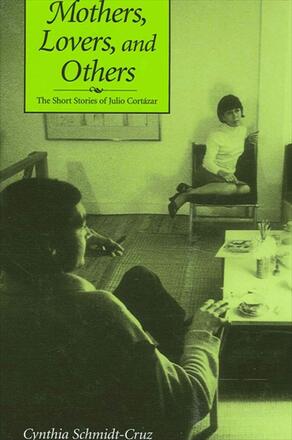
Mothers, Lovers, and Others
The Short Stories of Julio Cortázar
Provocative reappraisal of the portrayal of women in Julio Cortázar's short stories.
Description
Using feminist revisions of psychoanalytic thought and cultural studies, Mothers, Lovers, and Others examines the pervasive role of the conception of the feminine in the short stories of Argentine writer Julio Cortázar (1914–1984). Contending that his obsession with the mother is the source of Cortázar's uneasiness with femininity, Cynthia Schmidt-Cruz traces an evolution in his relationship to female space, from a convoluted and defensive posture to a more open and tolerant stance, paralleling his increasing political commitment. Schmidt-Cruz explores the role of gender in Cortázar's quest to reconcile his divided allegiance to Argentina and France, and his denunciation of the atrocities of the Argentine military dictatorship.
Cynthia Schmidt-Cruz is Associate Professor of Spanish and Director of the Latin American Studies Program at the University of Delaware. She is the coauthor (with Frank Sedwick) of Conversation in Spanish: Points of Departure, Sixth Edition.